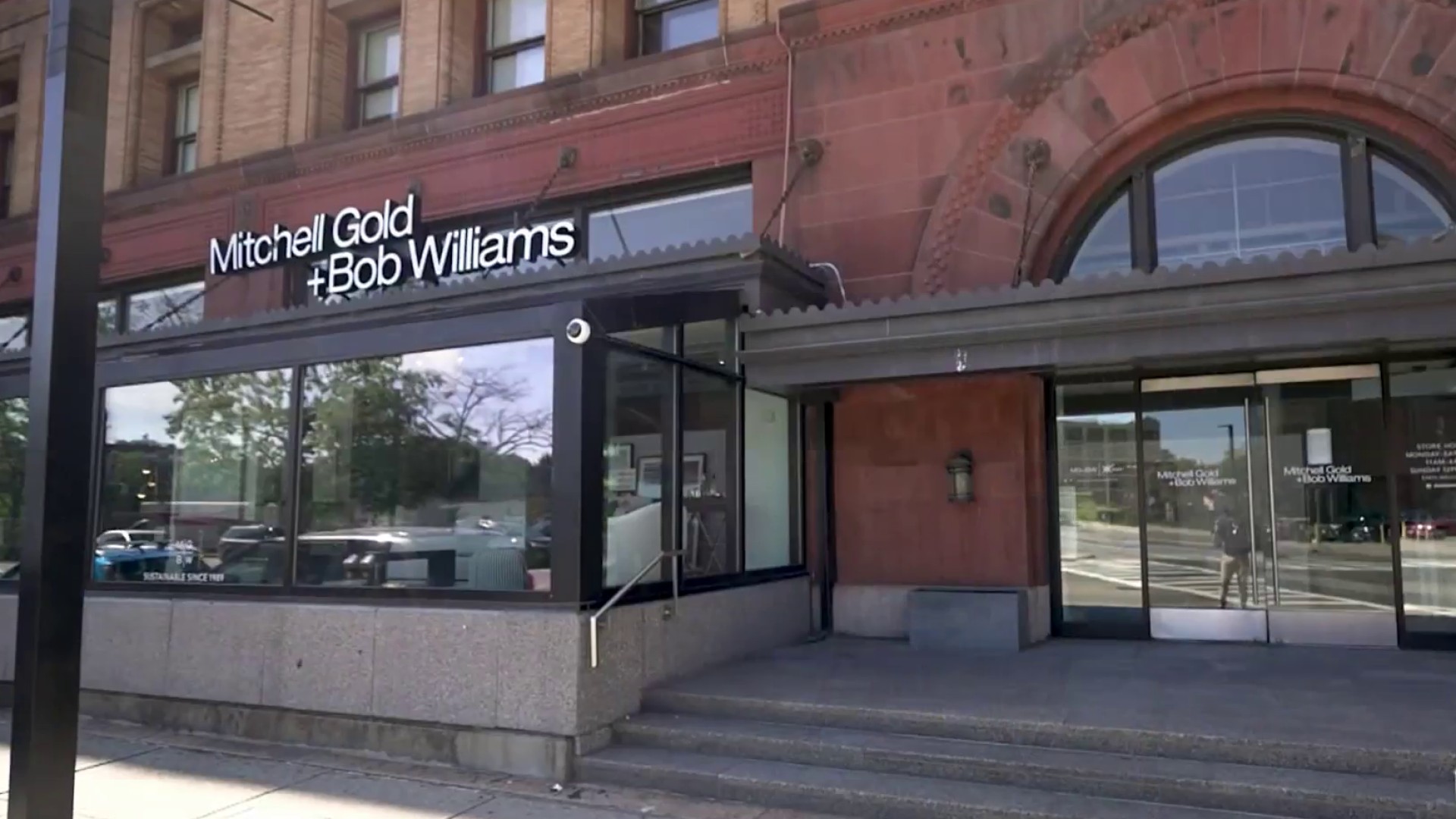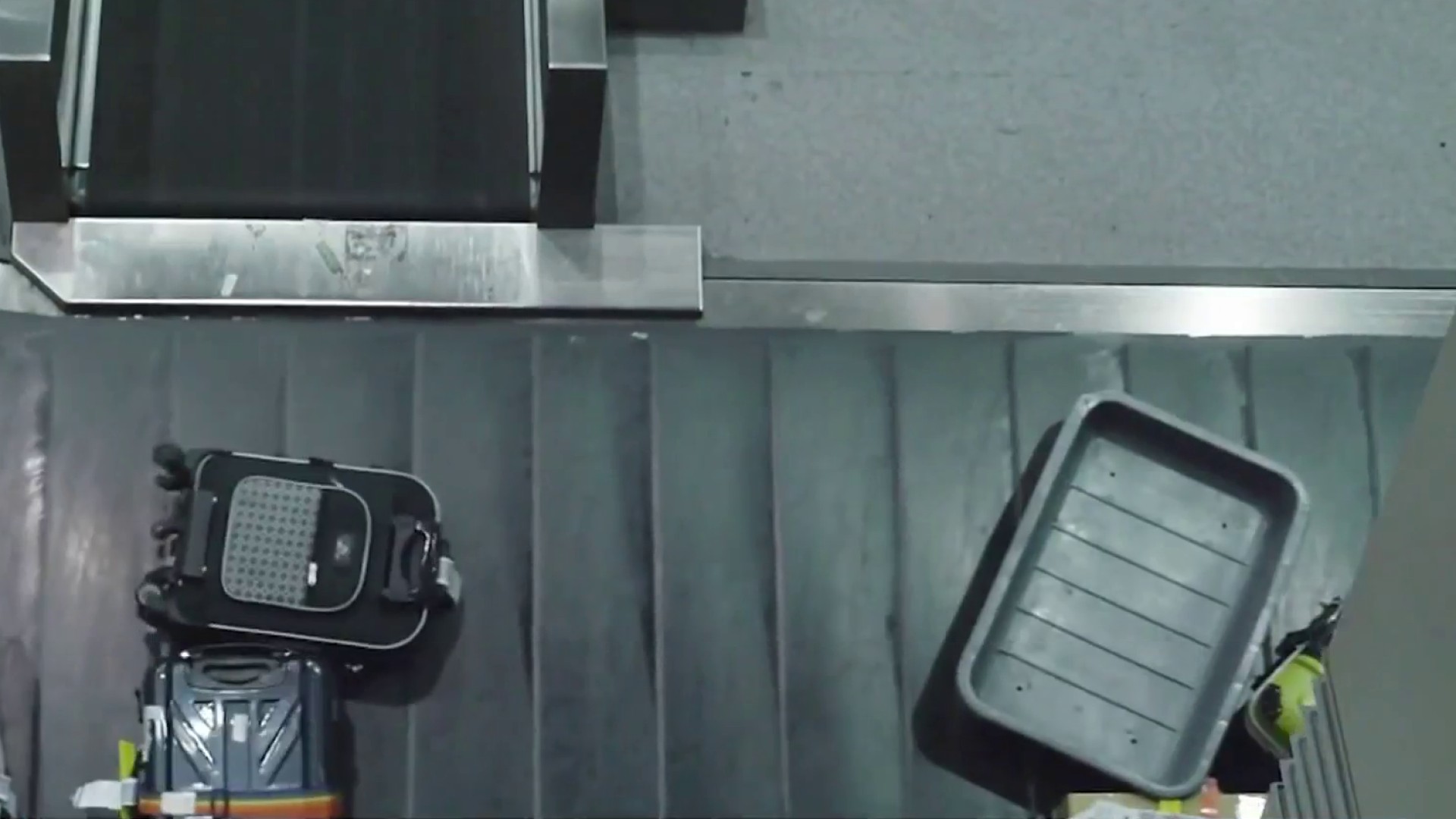A Boston woman lost almost $40,000 in a banking scam. She is hoping that sharing her story will prevent it from happening to others.
“It was pretty much my life savings. And, you know, I felt completely hopeless,” Jessica Small told NBC10 Boston.
She received a text message that looked as if it was coming from Bank of America and used her name. It said the bank had flagged suspicious transfer activity and asked if she had just sent a $3,400 payment. She replied “no” and the phone rang.
“I thought that I was dealing with the bank,” she said. “They gave me details about everything and calling me...from a Bank of America phone number as well. It all just seemed very, very real.”
Get New England news, weather forecasts and entertainment stories to your inbox. Sign up for NECN newsletters.
She had heard about banking scams before. "It sounded like there was a scammer trying to get my money and we were stopping it,” she said. "But in reality, they were the scammers."
The scammer told her someone had scheduled transfers that would wipe out her bank account and to resolve this, she needed to move her money out of the account via the payment platform Zelle, which was linked to her account, to protect it.
In the end, after 13 transfers, she was out $38,750.
“This went on for about a month and a half, you know. So it was always the same people that had called me to make the transfers, and I would get texts from Bank of America just confirming the transfers and that, you know, my money would be reimbursed. And then finally, once my account was literally down to zero. I didn't get any of my money back.”
When she finally went into the bank in person, they confirmed it was a scam. Small filed a fraud claim, but it was denied. Bank of America told her, “our records indicate that we completed the transfers according to the instructions you provided us, and therefore no error occurred. Based on this, your account won’t be credited."
“It's very disheartening,” said Small. “That money, I had worked really hard for years to get that money. And, you know, just to see it all, all just disappear. And the bank, which you've entrusted with your money just to say sorry, you know, there's nothing that we can do. It was a real tough blow for sure.”
Sen. Elizabeth Warren raised concerns about what she called growing fraud on Zelle last September during a Senate Banking, Housing and Urban Affairs Committee Hearing. She took on the CEOs of the nation’s largest banks, accusing them of not protecting their customers from fraud and scams involving Zelle transactions. Zelle was created and is owned by seven of the country’s largest banks.
NBC10 Boston Responds reached out to Bank of America to ask about Small’s claim and what is being done since last year to crack down on these scams.
Bank of America said they were reviewing Small’s case. A few days ago she received an email that her claim had been resolved and she was issued a full credit of $38,750. She is incredibly thankful and hopes her story will help others.
“I really wanted to, you know, let people know that this happens,” she said. “It's real. It happens to everyday people. You know, and hopefully just to make people just more aware. I wouldn't want it to happen to anyone else.”
A Bank of America spokesperson said in a statement:
"Bank of America will never ask a client to send money to themselves or anyone, ever. When sending money using Zelle, clients receive several messages alerting them to red flags that indicate a scam. Clients also receive alerts they are required to review and approve before the transaction can be sent. Clients are encouraged to send money only to people they know, personally. If a client has questions after they receive calls or texts that appear to be from their bank, they should call the customer service number on their debit or credit card or review their transactions online to confirm any questionable or fraudulent inquiries."
And Early Warning Services LLC , the network operator of Zelle said:
The top three tips we remind every Zelle® user are:
- Only send money to those you trust
- Beware of payment scams – if a deal sounds too good to be true, it probably is.
- Treat Zelle® like cash
“Zelle® moves money directly into another enrolled recipient’s bank account. We’re continuously evolving the network to address the dynamic nature of fraudulent activity – this includes enhanced real-time warnings to protect consumers with additional in-app safety alerts and implementing a new consumer reimbursement benefit for qualifying scams.”
“As the operator of Zelle®, we continuously review and update our operating rules and technology practices to improve the consumer experience. As of June 30, 2023, our bank and credit union participants must reimburse consumers for qualifying imposter scams, such as when a scammer impersonates a bank to trick a consumer into sending them money with Zelle®. The change ensures consistency across our network and goes beyond legal requirements. To avoid tipping off fraudsters, no additional details will be shared.”
It’s important to educate yourself about how these scams work so you know what to look out for if you are targeted by a fraudster, so check out your bank’s website or google “bank scams” and read up on them.
You can get additional information on bank scams here:
- How to Identify a Bank Scam to Keep Your Account Safe (bankofamerica.com)
- Report Suspicious Activities & Transactions on Accounts (bankofamerica.com)
- www.banksneveraskthat.com
- Safety Education | Zelle (zellepay.com)
And, you can find Zelle’s consumer education resource area here.



